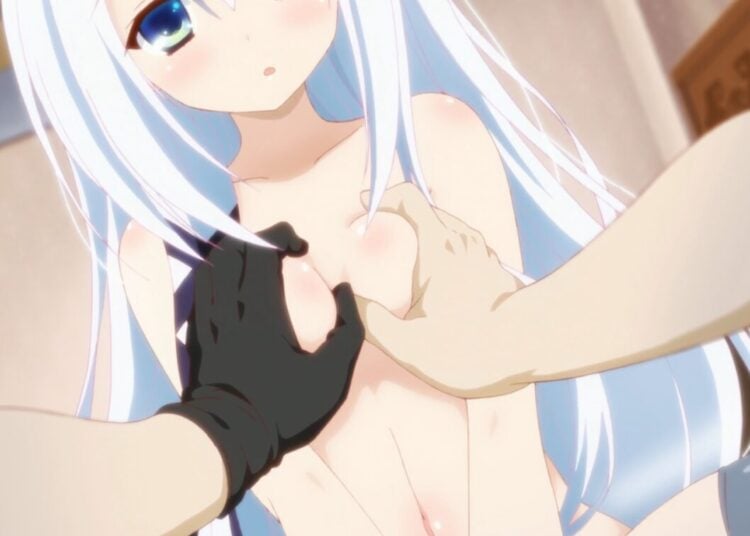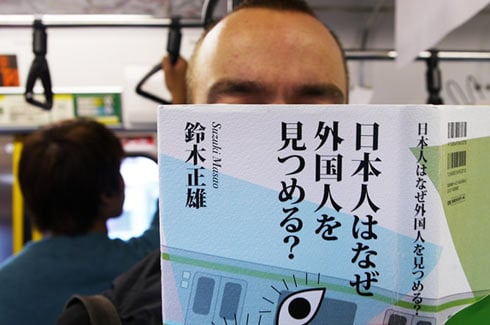The other day I was riding my bicycle past a steakhouse, and I noticed a sign that promised “Steak & Salad Viking.” I had to smile at this: the English word “viking” is one of many the Japanese have changed in meaning so that it’s no longer identifiable to native speakers. The process is called called wasei eigo or “made-in-Japan English,” and it’s no different from the way nihongo-derived words like honcho, tycoon or “hairy carry” wouldn’t be understandable to the Japanese anymore. In addition to “viking” (which refers to an all-you-can-eat buffet), other words I’ve puzzled over include “recycle shop” (any shop selling used goods), “fancy shop” (shops that sell cute character goods like Hello Kitty), “NG” (an abbreviation for “no good” used for TV bloopers), “OB” (“old boy” meaning an alumnus of a school), “American dog” (a corn dog), “skinship” (an awesome term for the skin-on-skin feeling of a parent lovingly putting their child in the bath), and “free size” (aka one-size-fits-all, like some of the Japanese fashions we stock on the site). Another term I didn’t understand at first was “office lady” (abbreviated OL), which superseded the old term of BG (“business girl”) in the 1960s to describe a professional female office worker.

It took me a while to figure out what an “office lady” was.















